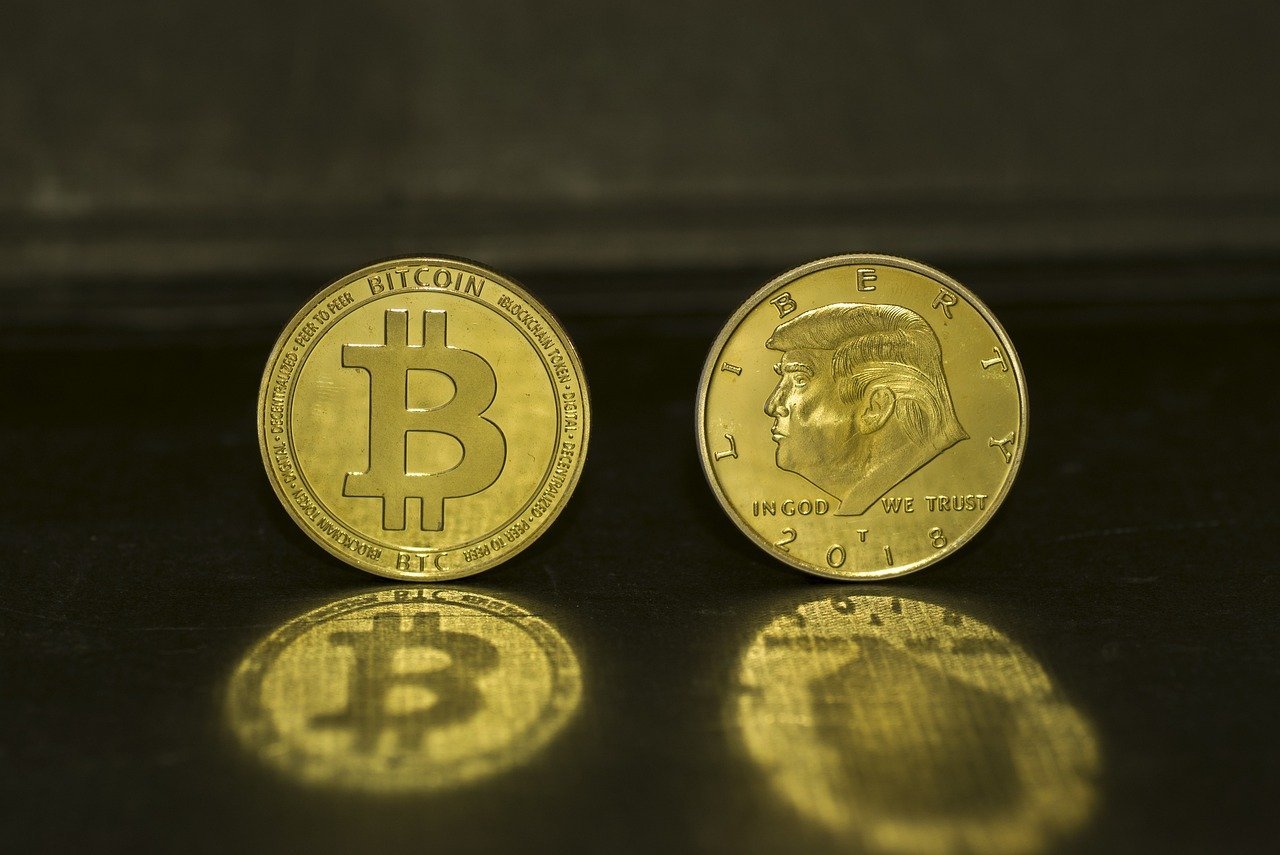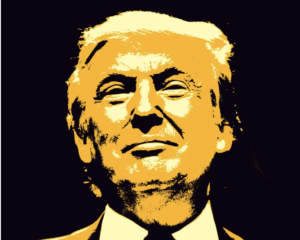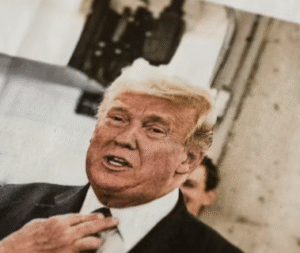#Trump #Biden #EvanGershkovich #Russia #WSJReporter #Espionage #USPolitics #JournalistDetention
In a significant development, Wall Street Journal reporter Evan Gershkovich, who has been detained in a Russian jail since March of the previous year on espionage allegations, became a focal point in the recent debate between former President Donald Trump and President Joe Biden. Gershkovich’s arrest has drawn international concern, leading the United States to formally recognize him as “wrongfully detained.” The situation escalated as Trump criticized the Biden administration’s efforts, or perceived lack thereof, in securing Gershkovich’s release, promising swift action to free the journalist if he were re-elected.
During the debate, Trump made bold claims regarding his ability to negotiate the release of Americans detained abroad, contrasting his approach with Biden’s, whom he accused of capitulating to foreign leaders’ demands through financial means. Trump’s critique extended to a broad assertion that various world leaders, including Vladimir Putin, are disrespecting the United States under Biden’s leadership. He specifically highlighted the $6 billion deal with Iran earlier in 2023, where frozen Iranian assets were released in exchange for the freedom of five detained Americans. This context set the stage for Trump’s promise to liberate Gershkovich without succumbing to Putin’s alleged demands for billions of dollars, a situation that remains highly contentious amidst the backdrop of Gershkovich’s ongoing secret trial in Ekaterinburg.
The plight of Evan Gershkovich has not only become a matter of international diplomacy but also a symbolic issue in U.S. political discourse. Trump positioned himself as the more effective negotiator, capable of securing the journalist’s release through assertive diplomacy rather than financial concessions. Meanwhile, WSJ’s Editor in Chief, Emma Tucker, condemned the espionage charges against Gershkovich as baseless, underscoring the broader implications for press freedom and the dangers journalists face while reporting abroad. As Gershkovich’s trial proceeds in secrecy, the global community watches closely, aware of the profound human and political stakes involved in his detention. This case has served to illuminate the complex interplay between international relations, domestic politics, and the fundamental rights of freedom of the press and expression.







Comments are closed.